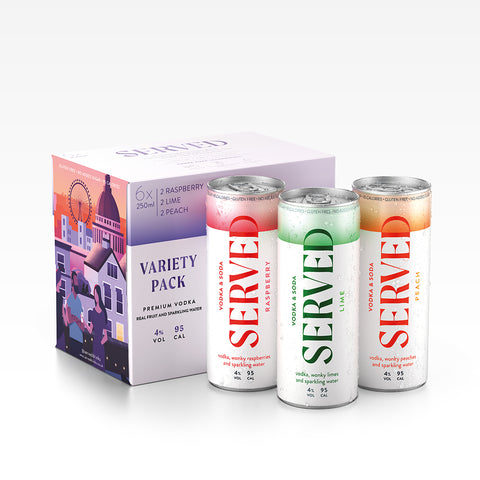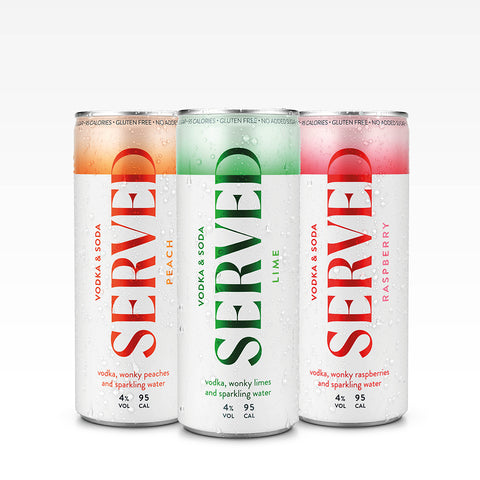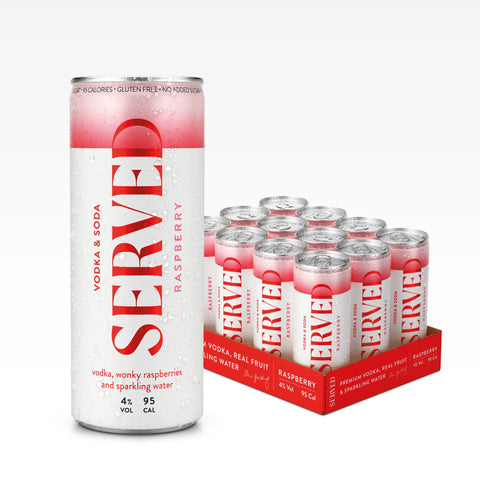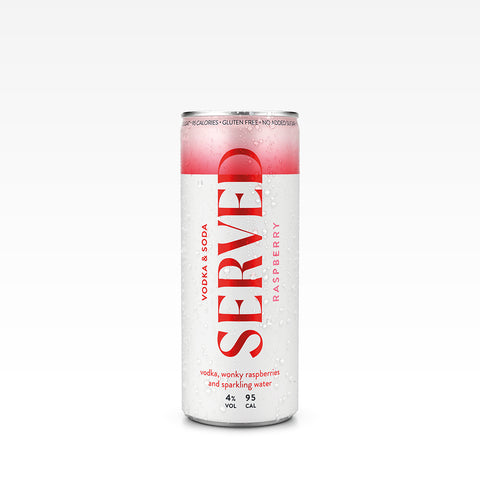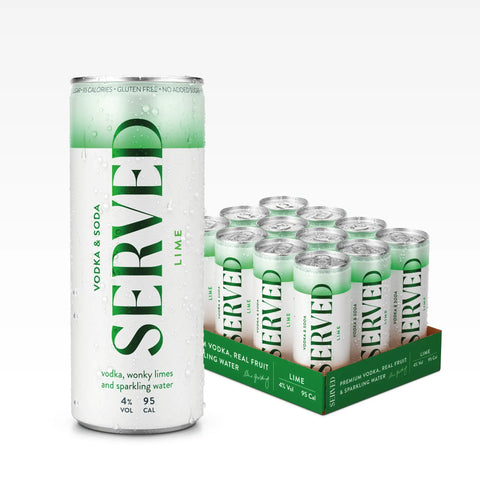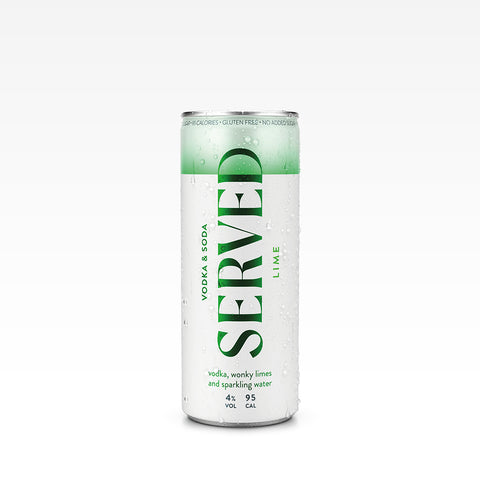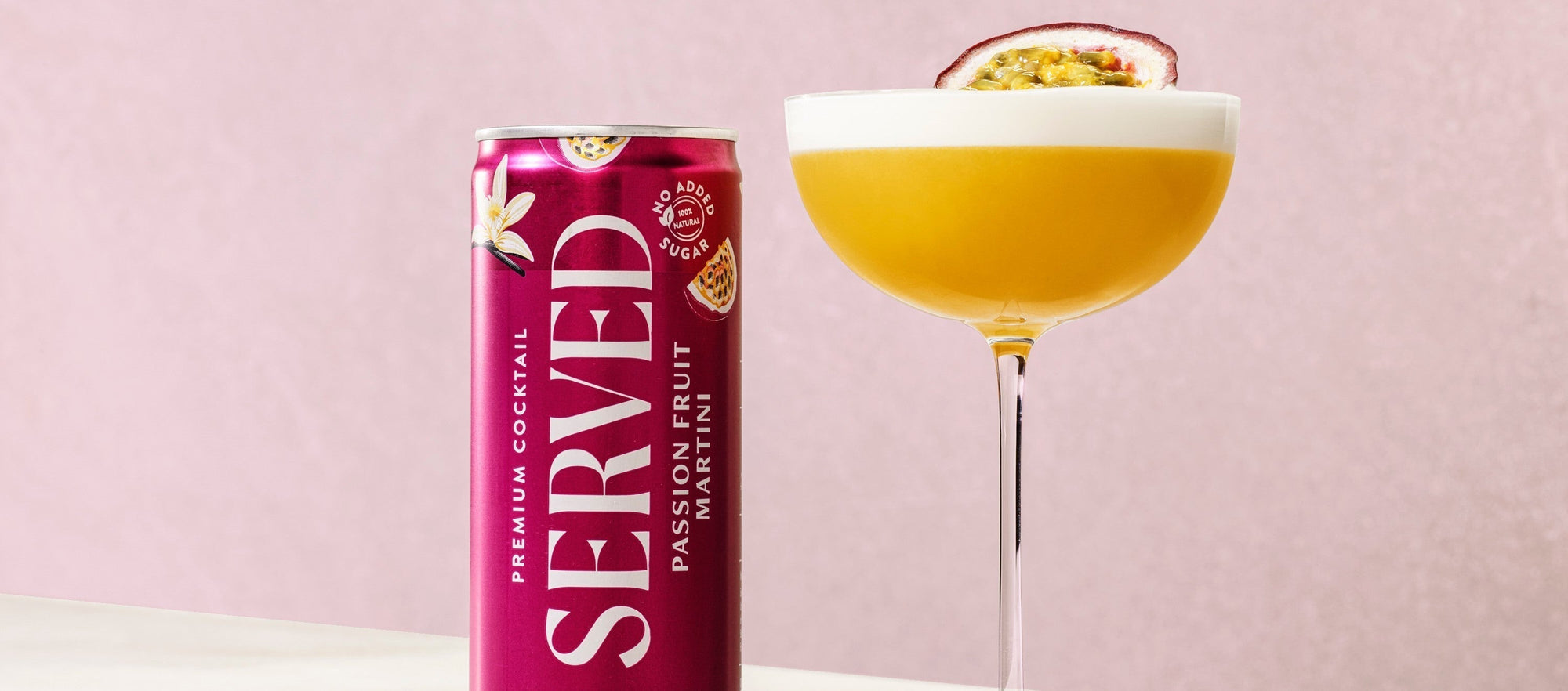Meeting our needs without jeopardising the ability of our children to fulfil their own is a thought popping in our heads from time to time. From the mid-20th century to the present day, we’ve been burning fossil fuels for our heating, electricity and transportation, releasing carbon dioxide and other toxic gases into the atmosphere. This chemical vapour hanging in the air traps the sun’s heat from returning to space and warms up the Earth’s temperature. The result? Ice caps are melting, sea levels are rising and extreme weather conditions are hitting different parts of the world more and more often.
The damage we’ve caused to our planet can’t be reversed. But what we - as individuals -, our communities and businesses can definitely do is to slow things down, reduce our environmental impact and strive to co-create a more sustainable future.
All Together for Tackling the Climate Change: The United Nations Conference Cop26
Governments and companies around the world are brought together to discuss and develop a joint guide on how to tackle climate change and build a better and greener future for us and the generations to come.
This year, the UK will host and lead the 26th UN Climate Change Conference of Parties (COP26) in Glasgow in partnership with Italy. The summit’s purpose is for all countries, companies, civil society, and people to join forces to promote sustainability and create a common climate action plan.
That’s not the first conference organised by the United Nations to coordinate actions against climate change. For nearly three decades, the UN has been inviting almost all countries to participate in regular climate meetings. Yet, the importance of these high-profile international gatherings is now more evident than ever.
Over the last years, news reports about intense storms, floods and wildfires have been reaching us via the media. Many of us have even become witnesses of natural disasters that caused untold damages to homes and livelihoods. And that’s the devastating impact of climate change that we need to tackle all together.
The agenda of the 2021 climate summit will include discussions and presentations of strategic plans about:
- Keeping Earth’s temperature under control
- Reducing carbon production - both for private and public corporations
- Using clean energy sources to produce electricity
- Shifting to electric and hybrid car models
- Protecting and restoring nature by reducing food waste, use of plastics, etc.
- Investing in sustainable agriculture and more.
Sustainability in the Food & Drinks Industry
Did you know that the food industry is responsible for a quarter of the global greenhouse gas emissions? Or that just 5% of the newly launched juices are declared environmentally friendly?
Since sustainability has become an economic concern, a hot social topic of discussion, a political issue and consumer demand, the food & drinks businesses can’t just sit back and watch.
Deloitte’s new report on sustainability and consumer behaviour in 2021 has revealed the environmental concerns and the ethical practices embraced by modern consumers. Buying seasonal and locally produced products, as well as choosing brands that adopt and promote sustainable practices and values, are on the top of consumers’ priority list for pursuing a more climate-friendly lifestyle.
As you might expect, the top product category impacted by the shifting consumer behaviour toward a more sustainable way of living is food and beverages.
In fact, today it’s easier than ever to opt for sustainable products on the supermarkets and grocery shops’ shelves. People can recognise the brands that follow ethical and environmentally friendly practices by the labels on the product packages, such as the “vegan” stamp or the fair trade logo.
With the new generation of consumers, like Gen Z, growing up with the notions of “reduce, reuse and recycle” reflected in their lifestyle and buying attitudes, food and beverage businesses should make sure they reflect these values. That’s the only way for the FMCG companies to remain competitive, boost brand loyalty - and most important of all - play their part in helping our planet survive.
Sustainability at the heart of Served Drinks Products & Operations
For the Served Drinks family, building our brand on solid eco-friendly foundations and promoting a healthy lifestyle has been at the heart of our business operations ever since we launched our first hard seltzer. For us, nothing is more important than developing a thirst for quality, ethical, honest and transparent products.
A few years ago, we embarked on an extraordinary 12-month journey to fulfil our aspiration for a pure, light alcoholic drink that everyone can enjoy and feel good about. Our source of water is no other than the crystal clear natural springs in rural Staffordshire. As for the fruits we use to produce our very own ServedPure™ spirit and infuse our drinks, these are wonky berries, citrus fruit and beet grown by local farmers.
At Served, we believe that enjoying a delicious drink shouldn’t cost the planet. That’s why we specifically source wonky fruit that would have otherwise gone to waste.
Apart from striving to reduce food waste, we also invest 5% of our profits into projects that help the environment, save critically endangered species, and increase ecological awareness. All Served products are gluten-free, 100% vegan, with no artificial substances or sweeteners; Just pure spring water, refreshing bubbles, ultra-clean tasting alcohol, and a rich, crispy and fruity flavour - all packed in 100% recyclable cans!
How can consumers embrace a more sustainable eating & drinking lifestyle?
A sustainable lifestyle does not only protect the ecosystem. It also improves our quality of life as a healthy habitat means clean water to drink, clean air to breathe, fewer landfills and more renewable energy sources.
No matter where we live, who we are, what we do or like, we all have a moral responsibility to make ethical choices when purchasing consumable products. Small changes to our eating and drinking routine can have a significant sustainable effect.
Here are some steps for adopting a more sustainable eating and drinking lifestyle:
Get creative with leftovers instead of throwing them away. If you’ve cooked twice the veggies or chicken you need for today’s lunch, you’ll have the starting point for a mouthwatering sandwich or a soup to prepare tomorrow. Think of them as ingredients, and not leftovers. Search online for creative recipes you can prepare with the ingredients that remained from yesterday’s meals.
UK households throw about a third of the food they buy in the bin. But with food waste polluting our environment with methane, freezing our goods before they go out of date is a smart and sustainable option. Most meat products, bread and vegetables can be stored in the freezer and used past their “use-by” date.
Reducing meat consumption and opting for delicious plant-based meat substitutes decreases our individual carbon emissions by up to 30%. Yet, eating more plant-based food is not only good for the environment but also our health and skin.
Around 60% of the world’s plastic is used for food and drink packaging that ends up in our oceans and landfills. The disaster doesn’t stop here as chemicals in food packaging release toxins on the food they include. Luckily, today’s consumers have the option to choose products contained in eco-friendly and recyclable food and drink packages, such as bamboo, glass, stainless steel and more.
How was chicken raised? Is it organic? Genetically modified? It’s normal to care about what you’re putting into your body. Thanks to modern technology, the food and beverage industry can offer total supply-chain transparency. That may include how the food and drink ingredients were sourced, produced and distributed. Take a look at the ingredients list, package and websites of your favourite products and brands to find out if they embrace sustainable practices.
Ahead of the COP26 Climate Change Conference, let’s all seize the opportunity to take immediate action, embrace a more sustainable lifestyle and start regenerating our planet to deliver a greener, safer and more prosperous future to ourselves, our children and next generations.


